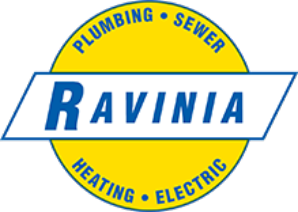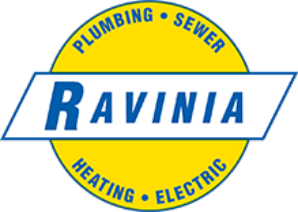
While it’s true that sometimes furnaces can just stop working with little to no prior warning, in most cases, they will try to let you know they are struggling long before they affect your comfort. Here, you’ll find six different signs that your furnace is about to give it up and some advice on what to do if you experience them.
It’s More than 15 Years Old
Furnaces, just like many other appliances, have expected lifespans. Most will last about 15 years before they will need to be replaced. Some may last longer, especially if they are properly maintained throughout the years, and others may not last as long – usually when maintenance has been neglected. If your furnace is more than 15 years old, it’s time to start planning for a replacement.
Your Bills are Outrageous
As furnaces age and parts wear, they require more energy to perform the same functions. While it’s normal for your utility rates to increase over the years due to standard increases in costs of living, it’s a good idea to compare your energy usage to the usage of those around you. Most utility providers give you the ability to do this online. If your usage seems out of control compared to others, remember that your heating and cooling represents about half of all your energy use. This is another sign that your furnace may be on its last legs.
It Starts Making Noise
Noises emanating from your furnace are never good things, and they often indicate a pretty significant problem. While some can be benign, others may be indicative of a very expensive part that has reached the end of its lifespan. Rather than replacing expensive parts on furnaces that are well over a decade old, it’s probably a better idea to simply replace the furnace. Replacing individual components can easily become more expensive than just replacing the entire thing.
Numerous Repairs
Finally, if you’re spending hundreds of dollars each year repairing your furnace, and if it seems like something new goes wrong every single heating season, you may want to consider a replacement. These repairs will inevitably reach a point where they surpass the cost of a new furnace in the first place. Think about the age of your furnace and the nature of the repairs, then make the best decision for your needs.
Furnaces won’t last forever, but with regular maintenance, they certainly can last a long time. If you start to notice problems with your unit, or if it is more than 15 years old, you may want to contact a professional to discuss the need and the benefit of a replacement rather than continuing to put money into repairs.



